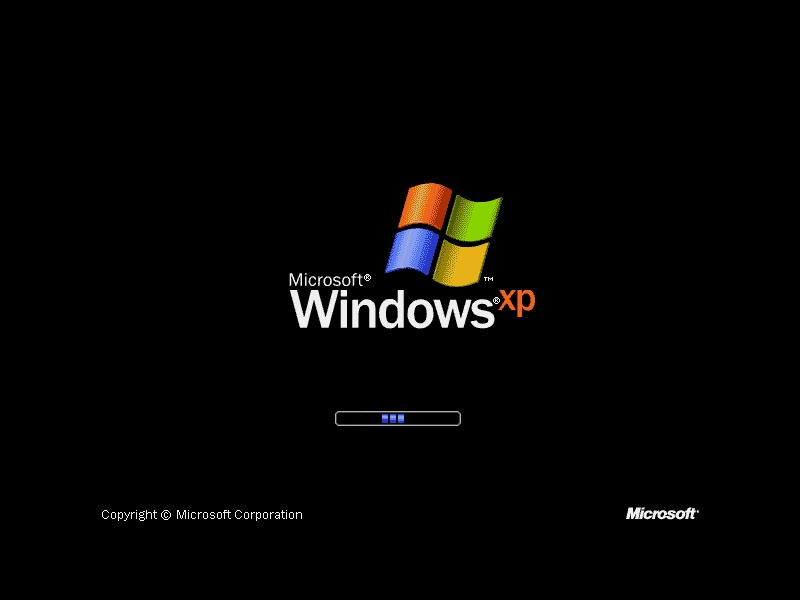
Microsoft warns against XP update hack -- suggests users 'upgrade to Windows 8.1' instead
The hack I wrote about yesterday, that allows XP users to continue to receive security updates via the still-supported Windows Embedded POSReady 2009, was never going to get Microsoft’s blessing. Obviously it is a slightly unusual and risky way of cheating the system, even though it works.
ZDNet picked up on the story and asked Microsoft for a comment, and as you’d expect, the devices and services giant was happy to take the opportunity to suggest XP users just move on.
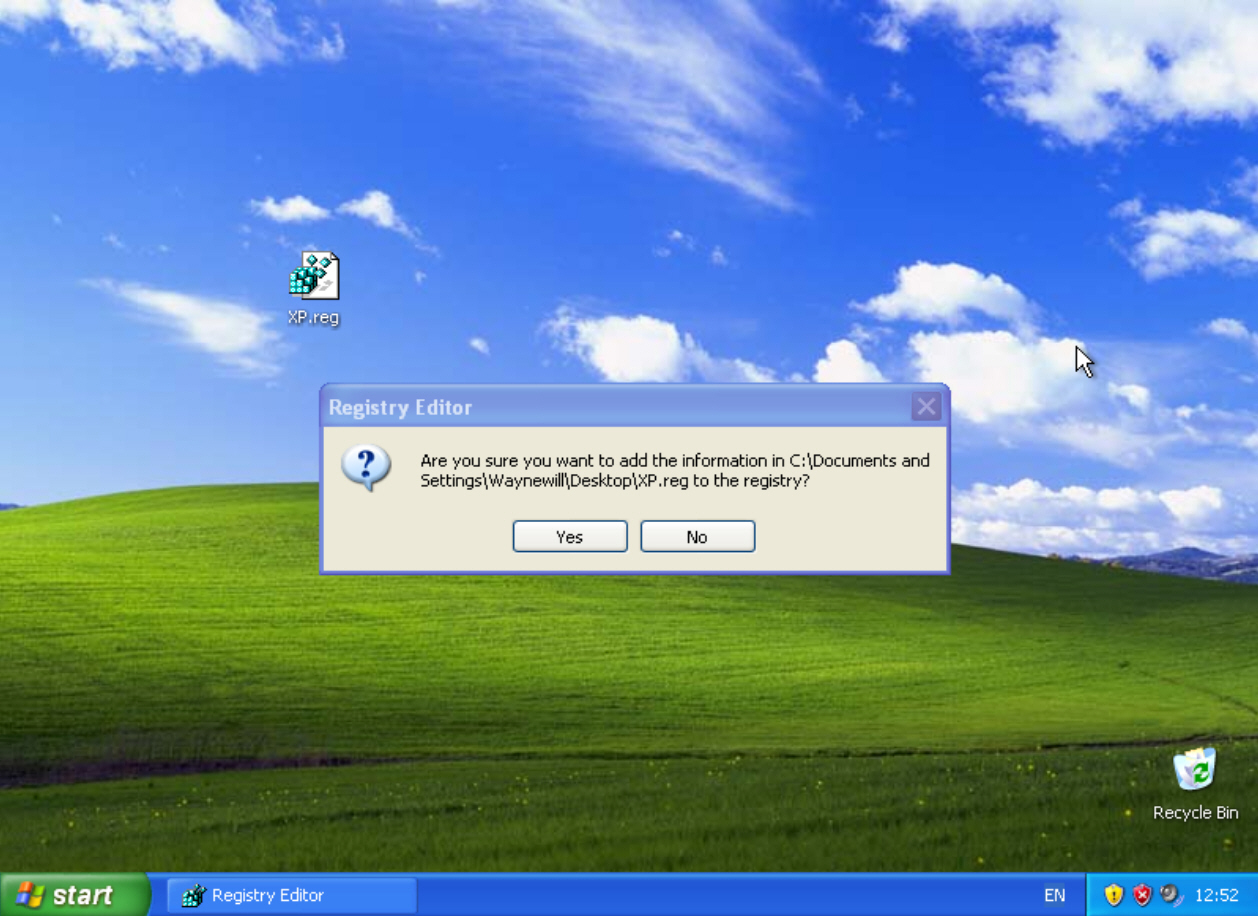
How to continue getting free security updates for Windows XP -- until 2019
Microsoft has stopped providing XP users with security updates, forcing them to either upgrade to another, newer operating system, or gamble with their safety. While the latest usage figures show that a large portion of users are moving away from XP, there’s still a sizable number of users who aren’t -- or can’t.
If you’re an XP user, or know some XP users, there’s a trick which makes it possible to receive security updates for the aging OS for another five years -- right up until April 2019.
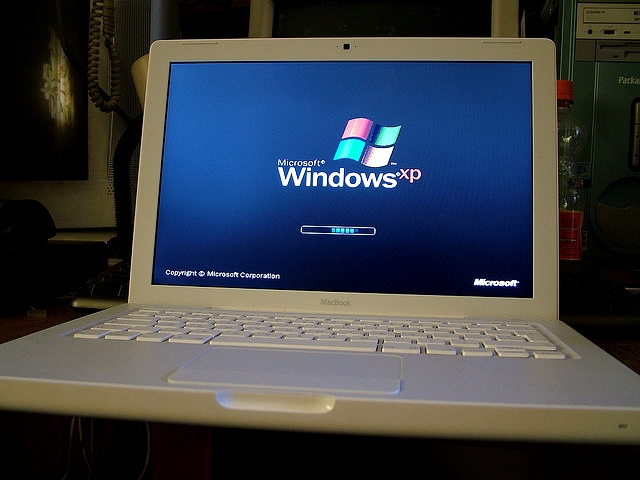
Moving on from Windows XP using Zero-Touch Migration [Q&A]
Windows XP support officially ended on last month, yet it is estimated around 30 percent of businesses are still yet to migrate to a new operating system.
Sumir Karayi, CEO of IT efficiency company 1E, explains why 'Zero-Touch Migration' offers the best approach for those businesses that need a rapid route to moving away from Windows XP to minimize the impact on security, desktop performance and the user experience.

Zotac Zbox Sphere OI520 PC looks a lot like the Nexus Q (and that's a good thing)
Despite what some people think, the PC is not dead. However, for many, the concept of buying a desktop PC with a monstrous tower is. After all, thanks to companies like Apple, electronics have become art. And so, if someone does need a PC, they may opt for a laptop or all-in-one instead.
Truth be told, I have never been a huge fan of all-in-ones. If the display breaks, you could end up with a giant paperweight. I still remember when people bought TV/VCR combos. Almost always, the VCR failed and you would see a second VCR connected -- insanity. I have been of the opinion that it is best to keep your monitor and computer separate. With that said, I do like having a small footprint on a desk. Today, Zotac announces a spherical PC that is not only small, but beautiful too.

China bans Windows 8 from government PCs with twisted logic, and embraces Linux
Microsoft may have been granted permission to launch its Xbox One console in China in September, but a decision by the Chinese government could impact severely on sales of Windows 8. China's official state news agency, Xinhua reports that the latest version of Microsoft's operating system will be banned from governmental computers, although there are to be no restrictions placed on home computers. The reason for the ban on Windows 8? Well it's not quite clear, but it's put down to something to do with energy-saving -- although this seems unlikely.
The website of China's Central Government Procurement Center posted an 'Important Notice' entitled, catchily, "Agreement to supply information about the class of energy-saving products complement the mandatory tender notice". A list of criteria then follows including, at number 5 "all computer products are not allowed to install Windows 8 operating system". This is slightly at odds with the news agency's suggestion -- the official news agency, remember -- that Windows 8 is being banned from new government PCs in "a move to ensure computer security after the shutdown of Windows XP".

Snagit 12 debuts video trimmer, drops XP/ Vista support
TechSmith Corporation has unveiled the latest Snagit for Windows and Mac (that’s version 12 and 3, respectively), and while it’s not as revolutionary an upgrade as version 11, there are still some major changes and additions.
The bad news is the removal of support for XP and Vista. This is no great surprise -- Snagit has become much simpler and more streamlined lately, and it’s a logical step -- but that’s not much consolation if you’re affected.
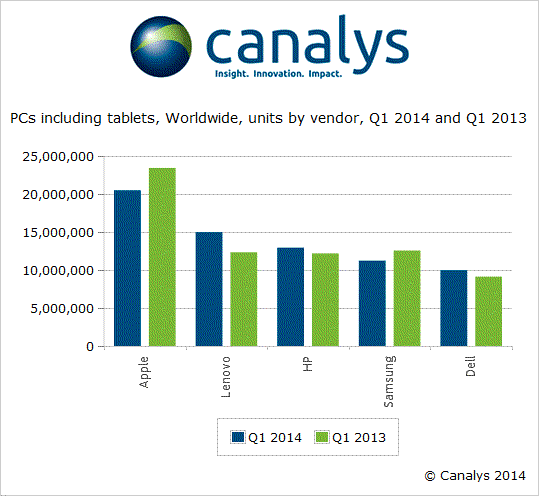
Windows XP end-of-life boosts PC shipments
PC shipments have been boosted by the demise of Windows XP with shipments up by five percent compared to the previous year.
Figures from Canalys showed that 123.7 million PCs were shipped worldwide in Q1 2014 and Lenovo was one of the biggest beneficiaries of this growth as its PC shipments totaled 15 million and increased its market share from 10 percent to 12 percent.
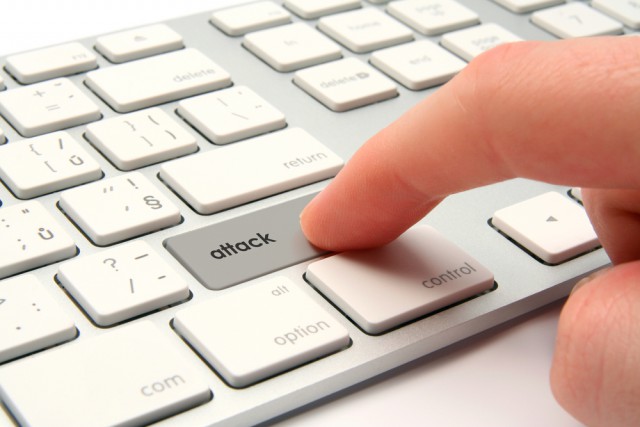
Windows XP use declines steadily but security concerns mount
It's now a month since support for Windows XP came to an end, and we've already had our first exciting little post-XP incident. When a security flaw was discovered in Internet Explorer, an out-of-band patch was released for XP users despite Microsoft's previous claims that no more such updates would be issued. A month on seems like a good time to assess the lay of the land for the operating system, and that's precisely what security firm Secunia has done.
Looking at the install base for Windows XP, Secunia found that there has been an extremely steady decline in usage from the beginning of the year. According to Secunia's numbers, XP could be found on 22 percent of US PCs between January and December of 2013, but this dropped to 18 percent in the period January to February this year. It is possible that this marked drop could be attributed to people finally coming to terms with the idea that XP was no longer being supported and deciding to move on. But things start to slide further as we move into April.

Windows 7 shows higher infection rates than XP in last quarter of 2013
The latest Security Intelligence Report from Microsoft reveals that malware infection rates soared in the final quarter of last year thanks mainly to three threats.
Infection rates measured in computers cleaned per thousand (CCM -- yes M, it uses the Latin for thousand) rose from 5.6 in Q3 to 17.8 in Q4 of last year on the back of the Win32/Senfit click fraud bot, along with two new distribution methods. Win32/Rotbrow, a program claiming to protect from browser add-ons, and Win32/Brantall which acts as an installer for legitimate applications but also bundles less welcome things.

The scale of Windows 8.x’s failure is staggering
Once a month I report on the desktop operating system market share using data from NetMarketShare. The changes in fortune between the different flavors of Windows is usually fairly minimal -- a percentage point gained here, a percentage point lost there. And usually the rise or fall is a lot less than one percent, although as a month is quite a small time scale to measure market share changes over, and we’re talking about millions and millions of Windows users, that’s to be expected.
I decided, out of curiosity, to take a look at what a year’s worth of market share variations would look like, using StatCounter’s Global Stats, and the results were less than thrilling, with the different operating systems showing very little change. In May 2013, Windows 7 had 56.27 percent. 12 months later it is on 55.03 percent. A drop of just 1.24 percent. Windows XP fell 6.73 percent, while Windows 8.x grew 8.16 percent. The pattern is clear -- Windows 8.x sales look to be coming from upgrades (mainly XP) but people are mostly sticking with their older operating systems. Open up the time scale however, and a more dramatic -- and damning -- picture emerges.

VLC Mobile Remote for Windows Phone: Controlling the media player on Windows, OS X, Linux
Using a Windows Phone with a Mac is not an ideal combination in cases when I want to use the smartphone to remotely control the computer. That is because the type of apps I want to use -- like PC Remote, which offers dedicated buttons to automate certain tasks -- only work with Windows-based devices.
The compatible Windows Phone Store app selection is comprised of tools that require gestures to move the mouse cursor to, for instance, stop media playback. So when I want to pause a movie playing in VLC, I have to swipe my finger across the screen of my Windows Phone. At night, it seems easier to get out of bed. This is where VLC Mobile Remote comes in handy.

Hey Microsoft: Stop caving in to the XP holdouts
Microsoft shocked the IT world this past week by making the cardinal mistake: releasing another XP patch after support officially ended. While I think Redmond makes a lot of mistakes, from licensing nightmares to marketing blunders, this particular move really irks me.
That's because it not only sets the wrong precedent, but it's a direct slap in the face to those fighting the good fight in helping eradicate XP. Specifically, IT pros like myself. As a consultant for my clients, I've been knee-deep in the conversations that Microsoft can't have directly with its customers. You know, the ones actually in the trenches -- not those just sitting in the comfort of their Redmond offices?

Microsoft is the boy who cried wolf -- will issue IE update for Windows XP
Are you familiar with the story of the Boy Who Cried Wolf? Basically, a shepherd boy watching over some sheep thought it would be funny to lie and shout "Wolf!", as a joke. Ultimately, when a wolf really does come, no one believes him and all of the sheep are slaughtered.
Apparently, Microsoft is not aware of this story. The company has been proclaiming Windows XP to be dead and no longer supported over and over again, in an attempt to get users to upgrade. Windows 8.1 has even seen an increase in usage lately, possibly as a result. Today, the company announces that it will issue an Internet Explorer security update for Windows XP. If Microsoft is crying wolf, are XP users the slaughtered sheep?
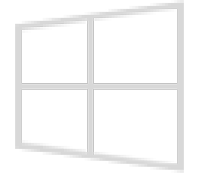
Windows 8 UX Pack and Windows 8 Transformation Pack 8.1 ship with major bug fixes
WindowsX has refreshed its pair of skinning tools with the dual release of Windows 8 UX Pack 8.1 for PCs running Windows 7, and Windows 8 Transformation Pack 8.1 for earlier versions of Windows, including XP.
The latest version of the tools, which aim to give users the Windows 8.1 look and feel in earlier versions of Windows, have been updated to squash bugs and generally improve each pack’s stability.

Shocker! Windows 8.1 actually shows strong growth
I say "shocker", but with all the cards stacked in its favor -- XP users forced to look for a new OS, Windows 7 being pretty hard to get hold of, and an update designed to make Windows 8.1 more appealing to keyboard and mouse users -- if Windows 8.1 hadn’t grown market share in April then it would have been pretty much game over for the tiled OS.
Even with all that in its favor, according to NetMarketShare’s monthly Desktop OS sampling, Windows 8.x still had some stiff competition from Windows 7 which also packed on market share, taking the shine off the new OS’s achievements.
